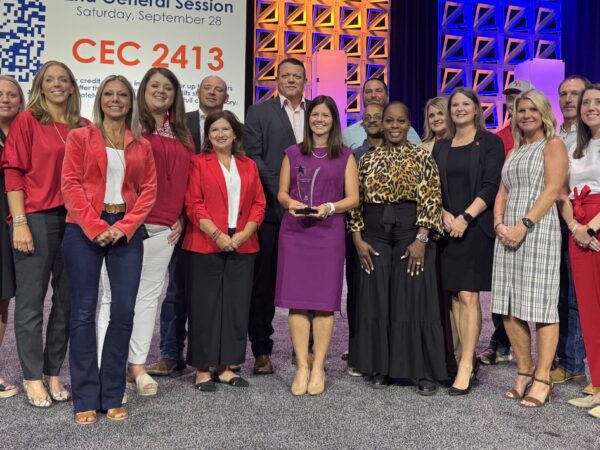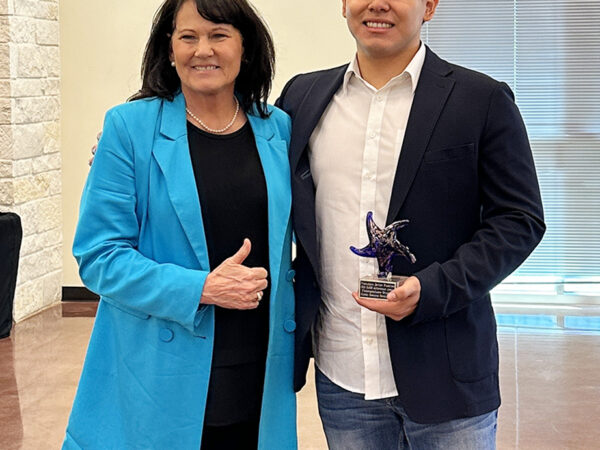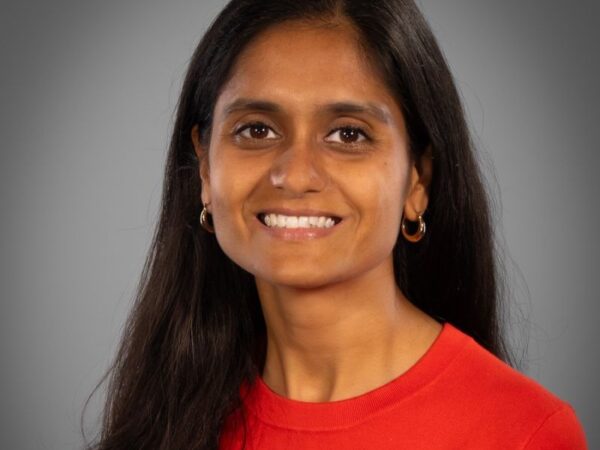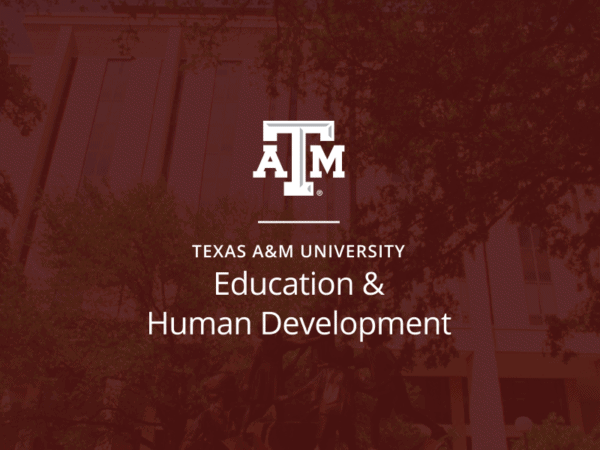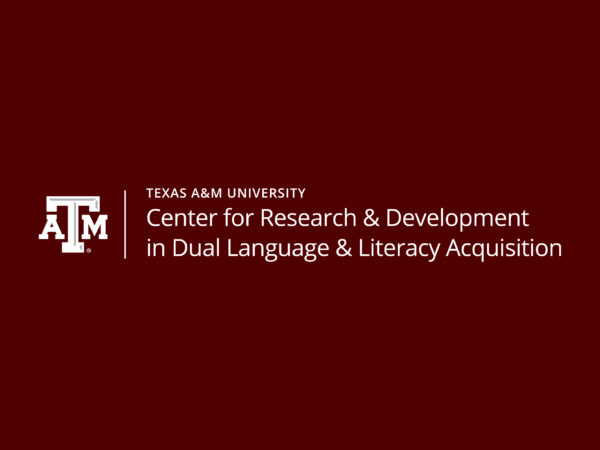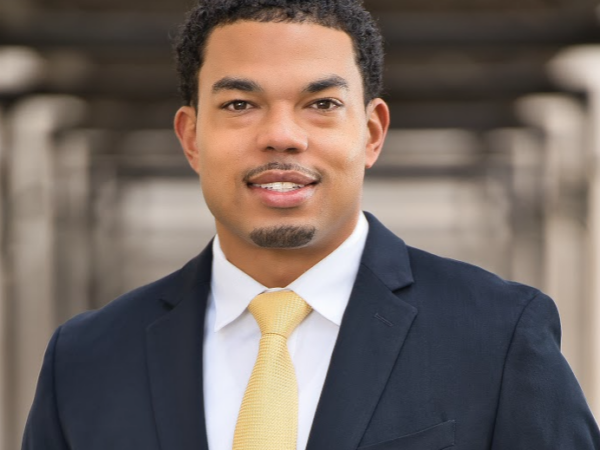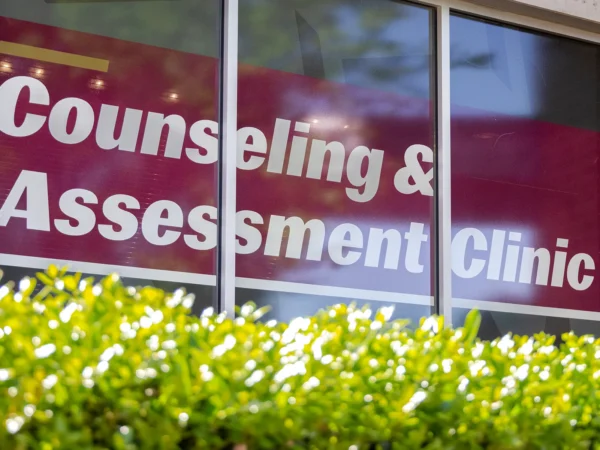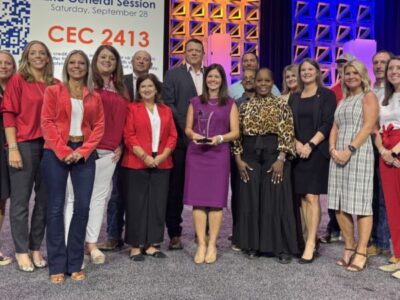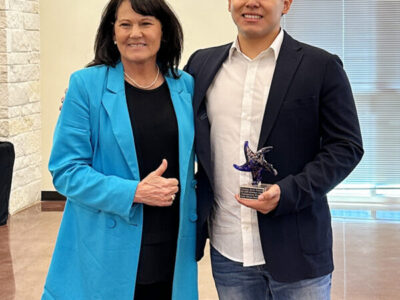New Book Helps Prepare Star Teachers, Administrators
For Valerie Hill-Jackson, developing accessible resources for pre-service and in-service teachers and administrators is vital to the success of schools across the state and country. A professor of culture, curriculum and instruction, she has co-edited two books, Better Principals, Better Schools: What Star Principals Know, Believe, and Do, available now and Better Teachers, Better Schools: What Star Teachers Know, Believe, and Do, to be released this summer, both published by Information Age Press.
“A lot of my students complain that we don’t have books that talk about the practitioner side,” said Dr. Hill-Jackson. “It’s always theory and all of that academic language that doesn’t seem to have application to one’s practice. What I love about these books is that there are case studies written in accessible language where you get to see how theory applies to practice.”
For three years no, Dr. Hill-Jackson has been a senior researcher with the Haberman Educational Foundation which was created in 1994 to promote and disseminate research on teacher education based on the work of Martin Haberman. The foundation works with school systems across the country to screen and interview teachers and administrators who will be most likely to stay and be effective with poor students in urban schools.
In the first book, Better Principals, Dr. Hill-Jackson and her colleagues focused on those involved in professional development, research and school districts across the country. Their stories show how Haberman’s Star Principal Theory – the fact that growing diversity among K-12 students requires a new type of school leader that can meet the needs of various learners – has made an impact in their communities.
The same is true for teachers in these school districts. That’s where Dr. Hill-Jackson’s Better Teachers book comes in. It includes 14 different stories and articles related to Haberman’s idea of a star teacher – one who is “so effective that the adverse conditions of working in failing schools or school districts do not prevent them from being successful teachers.” “The surest and best way to improve the schooling and the lives of the approximately 15 million children and youth in poverty is to get them better teachers,” Haberman writes.
“If you know that you feel as though all children can learn, it’s not about what they haven’t brought to the school environment but it’s about what you can do,” said Dr. Hill-Jackson. “If you have that kind of belief system, you’re going to do everything you can to mobilize the community, parents, and your staff and teachers.”
Dr. Hill-Jackson’s hope is that educational programs around the country will embrace these models of principal and teacher selection and implement them in their classrooms to help shape the future of K-12 education.
About the Writer
Ashley is the Media Relations Coordinator and responsible for news coverage in the Department of Teaching, Learning and Culture as well as the Department of Educational Psychology.
Articles by AshleyFor media inquiries, contact Ashley Green.
Fundraising
To learn more about how you can assist in fundraising, contact Amy Hurley, Director of Development ahurley@txamfoundation.com or 979-847-9455


